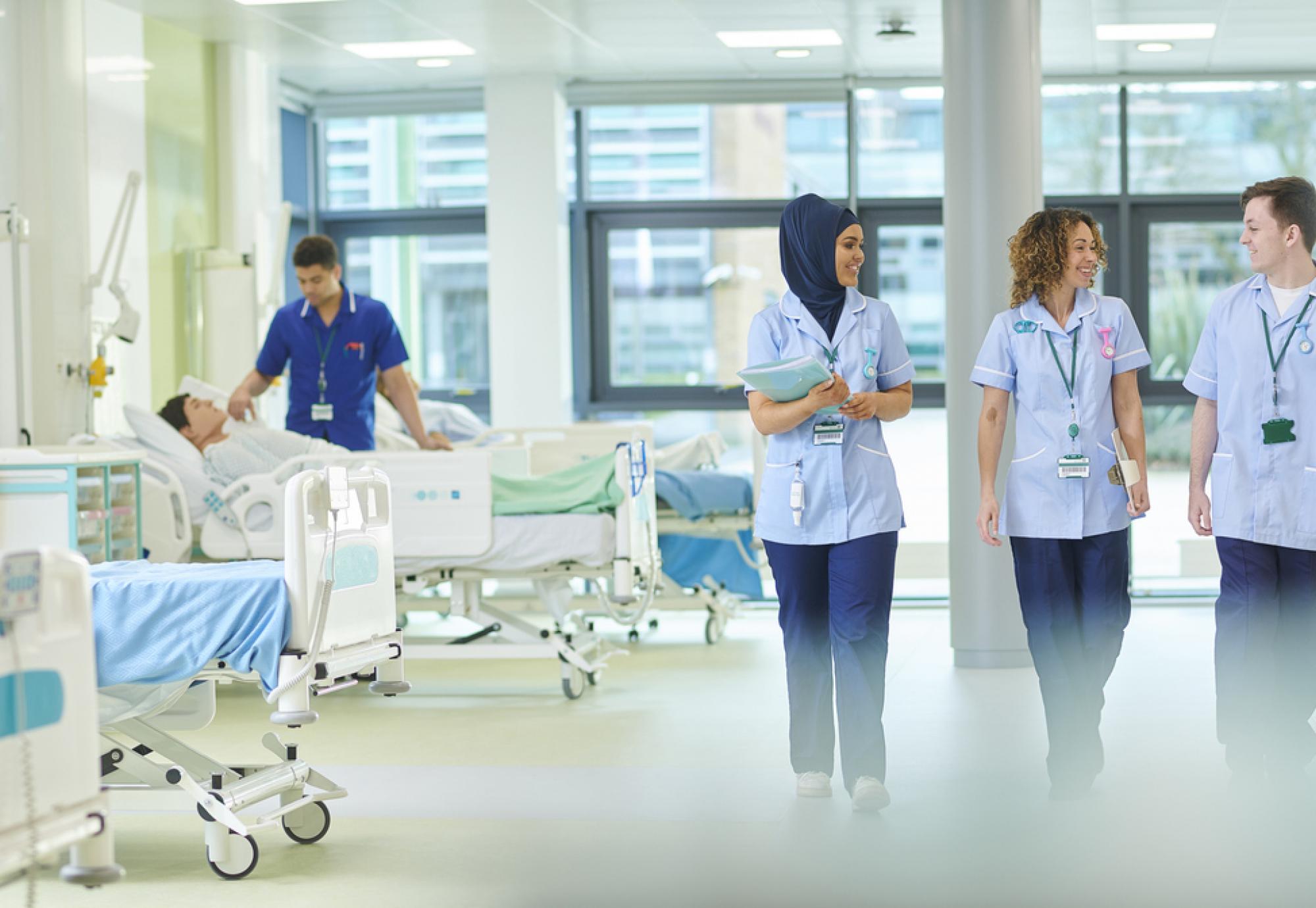Health Education England (HEE) have launched a new programme designed to equip the next generation of health professionals with more generalist skills, in a bid to make healthcare staff more flexible.
The programme, named enhance, will aim to embed generalist skills into medical education and across the sector in general, with the first 150 learners enrolled across seven regional trailblazers.
The enhance project has been developed as a direct response to the Future Doctor report in 2020, which detailed what the NHS and especially the public require from a modern health professional in the 21st century.
The report outlined how there was a need for a fundamental shift in medical education, recommending that we should move away from specialisms and instead focus on developing a system that equally values generalist skills to deal with the more complex, multi-layered problems of today.
The need for a more versatile workforce was further highlighted during the pandemic when an understanding of more complex health needs enabled clinicians to tackle the unprecedented challenges that Covid-19 presented.
Professor Wendy Reid, Director of Quality and Education and Medical Director at HEE, said: “We are excited to be officially launching the enhance programme and look forward to hearing from our learners about their experiences, how the programme has supported their development of generalist skills, and the impact on patient care.
“By embedding generalist approaches in training, we will ensure that all doctors have access to a robust, future-proof training experience, encouraging a curiosity for lifelong learning through personally relevant enquiry and are empowered to effect change within the communities they serve to ensure the best outcomes for their patients.
It is thought that improved integration will, rather eponymously, enhance the patient experience and the overall quality of care provided across the board.
For example, as part of the programme, clinicians will learn additional skills allowing them to better manage patients with complex co-morbidity – something that affects approximately three million people in England.
The additional knowledge will give health professionals the ability to work in multi-professional teams, which will allow them to overcome the boundaries often found between specialties and organisations and expedite patient pathways.
Professor Wendy Reid added: “This is not about re-writing or changing established curricula or training. It will amplify generalist principles, for example understanding population health, delivering sustainable healthcare, and reducing health inequity. These are skills needed by both hospital-based clinicians and primary care practitioners.
“By focusing on the early years of training, acquiring enhanced generalist skills will be prioritised for all professionals, grounding their knowledge in the population and public health spectrum wherever they work and train.”
More information on the new enhance project is available here.



















